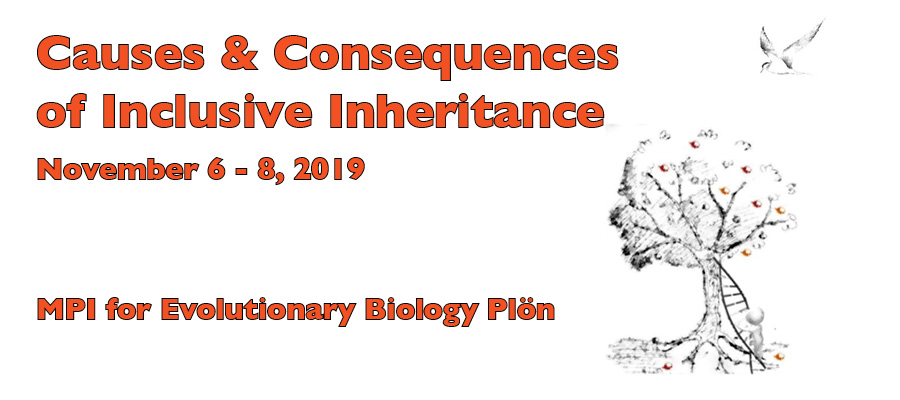Speaker
Description
It is now well recognised that the early environment is not simply permissive of development, but can also shape the phenotype in ways that have long term consequences for performance and fitness. There are many routes, both direct and indirect, whereby such environmental effects on phenotypic development can come about and span generations. Of considerable importance in this context is parental state, which can influence offspring via effects operating at many stages, from parents’ germ cells through to the developmental and growth environment parents provide for their offspring. Offspring growth, development and life history can then be altered in adaptive and non-adaptive ways. In this talk, I will focus particularly on effects of parental age and of early exposure to stress, discuss the consequences over varying time scales and whether these appear to be adaptive or not. I will present illustrative data from unmanipulated natural populations, and from a range of taxa in which conditions have been experimentally manipulated in both the lab and the field. I will examine some physiological and molecular mechanisms that can mediate effects that can occur over relatively long time scales, including changes in stress sensitivity and telomere dynamics.

